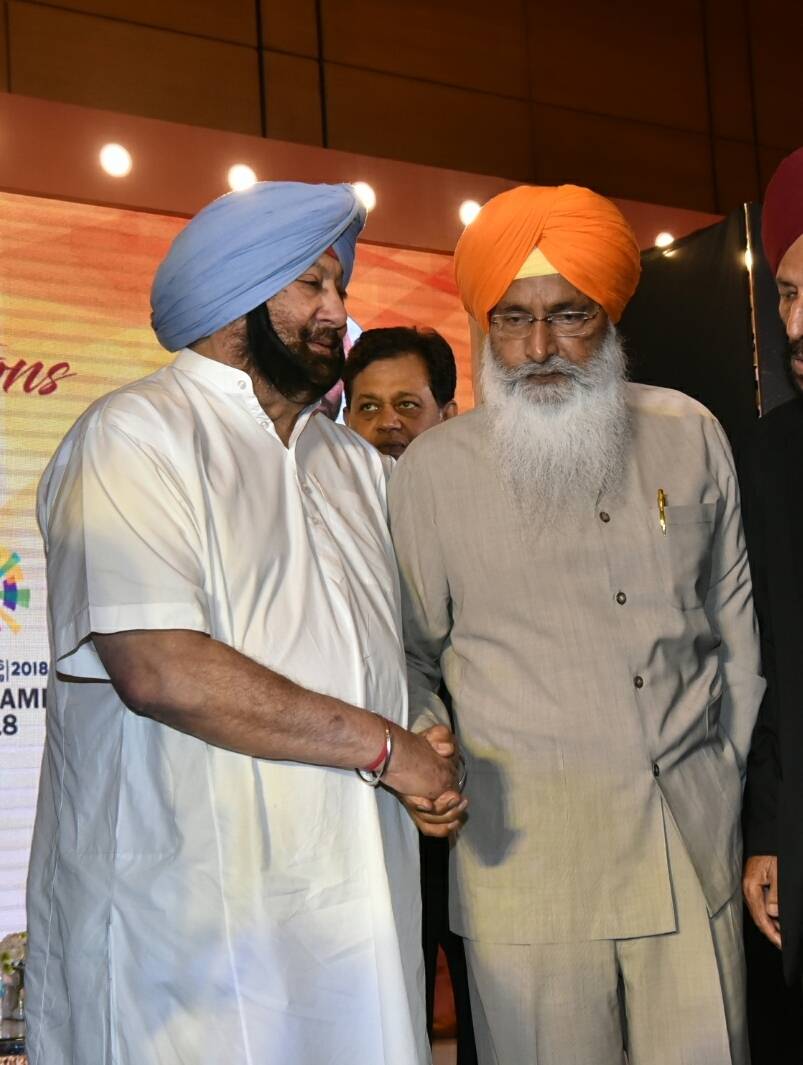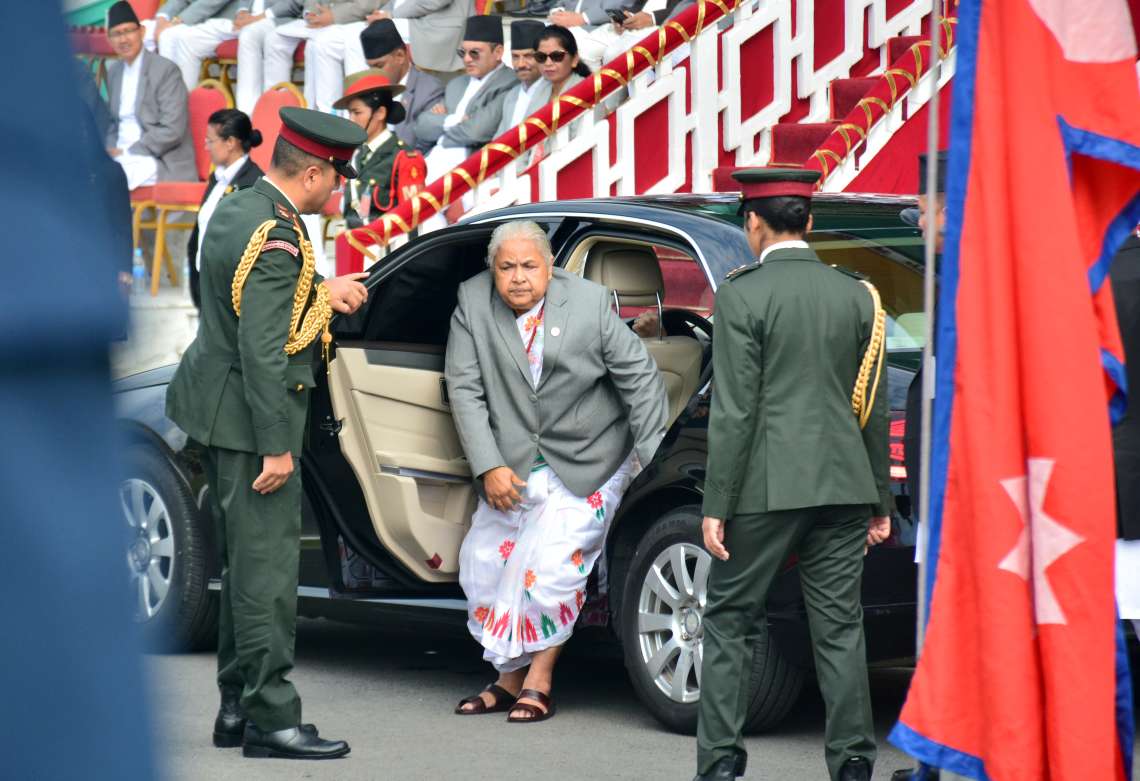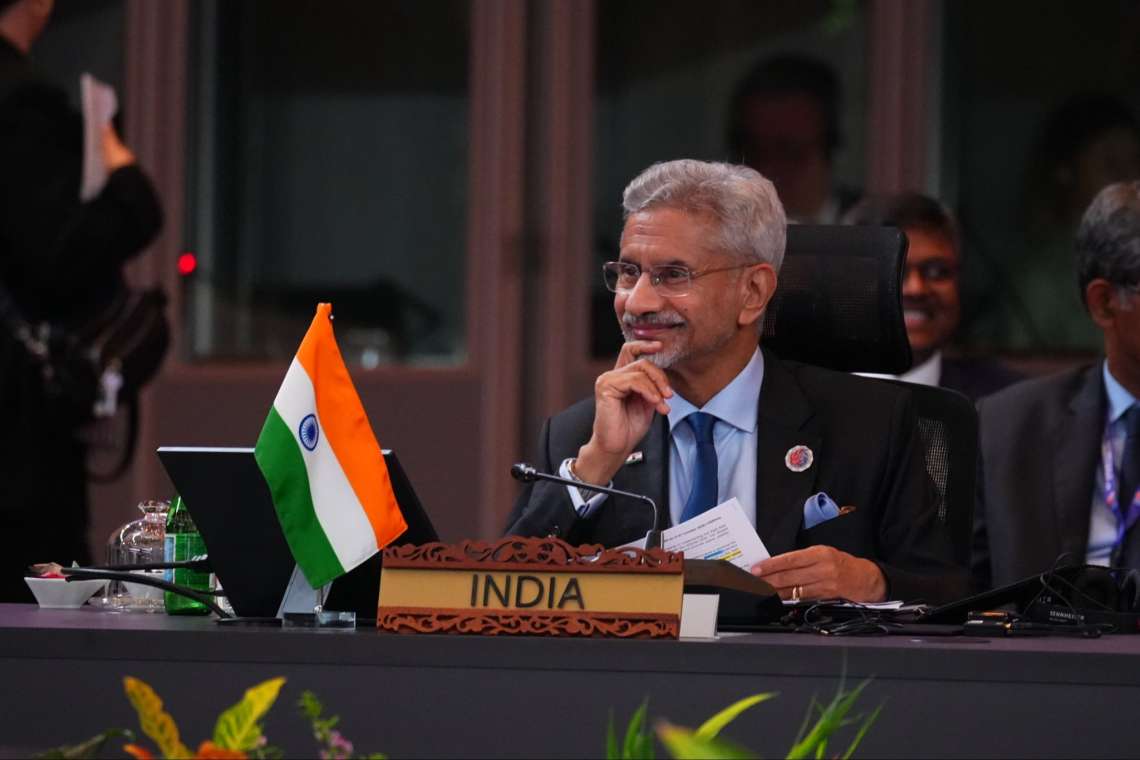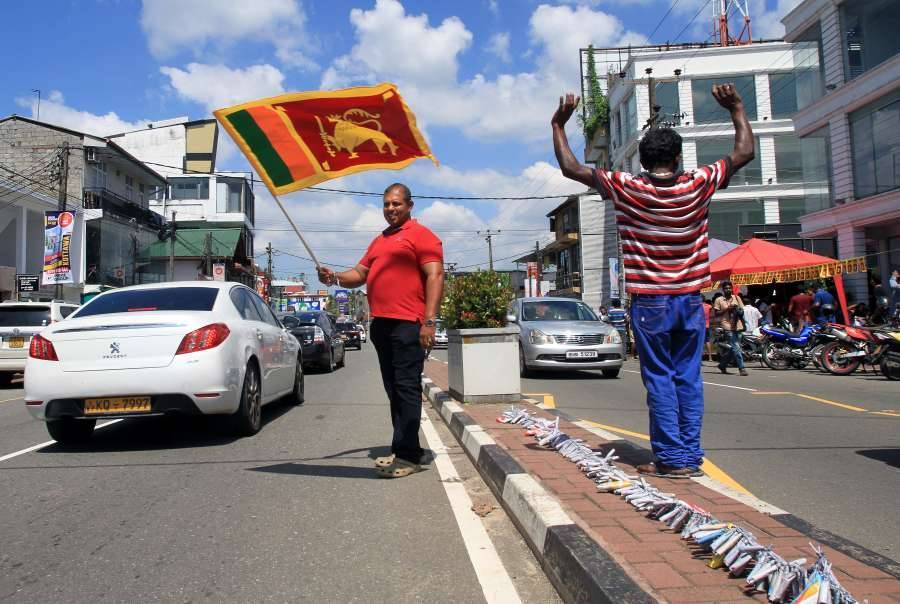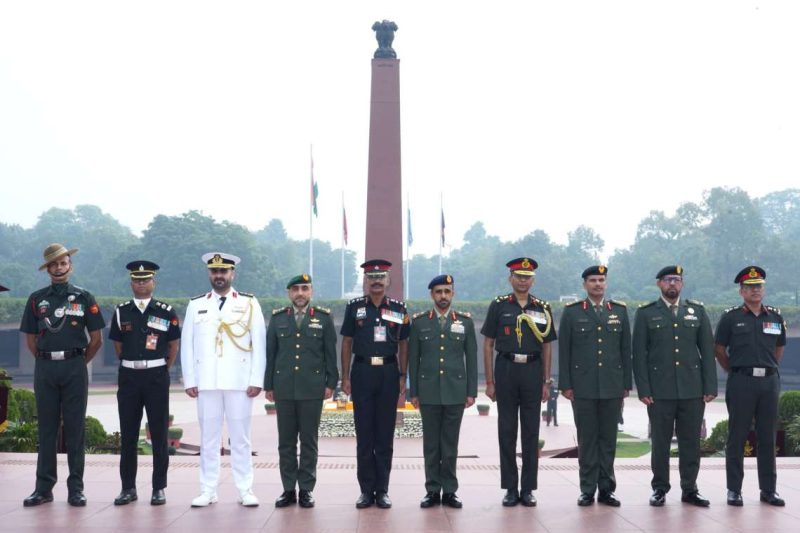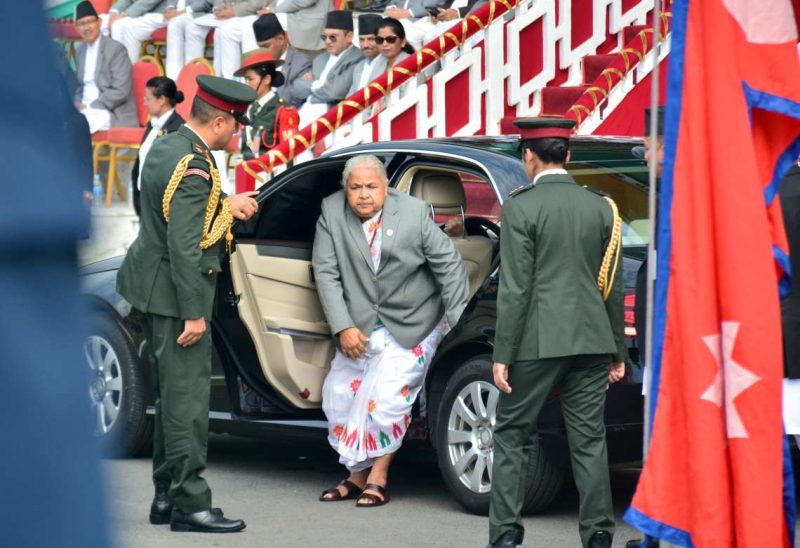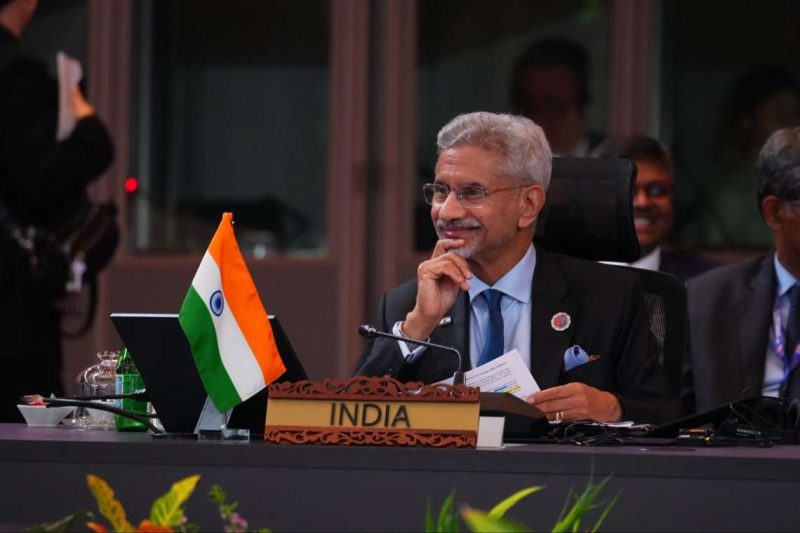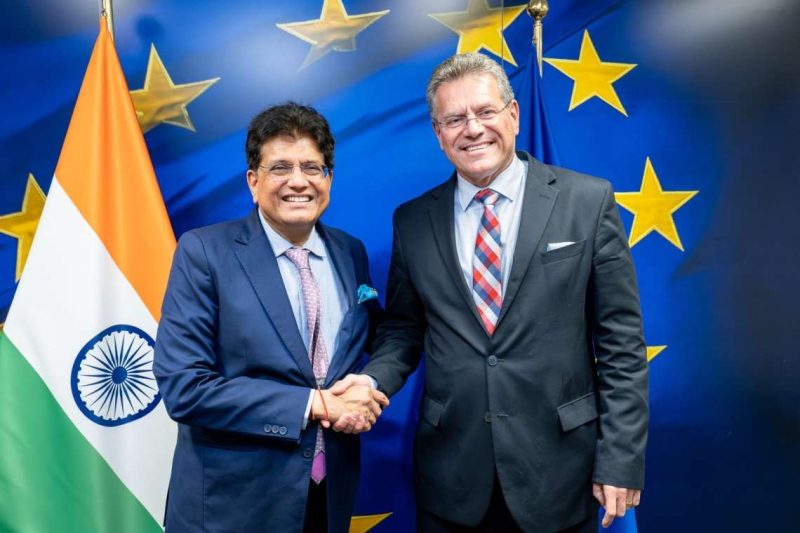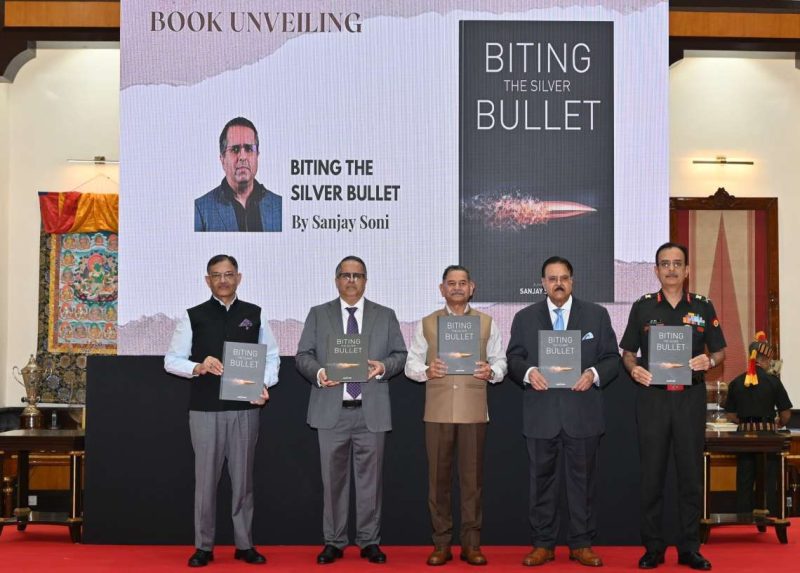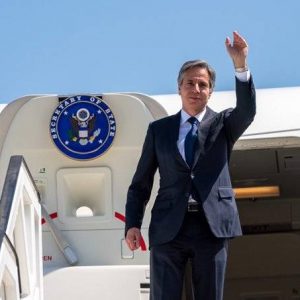After the meeting, Dushyant Gautam said that all the seats were discussed in the meeting. “We will fight on some seats and our allies will fight on some.”…reports Asian Lite News
In Punjab, the BJP for the first time would be seen in the role of ‘elder brother’ in an alliance and it is certain that the Amarinder Singh and Sukhdev Singh Dhindsa’s party will contest the assembly elections in alliance with the BJP.
However, the parties haven’t yet reached to any final conclusion on the seat-sharing. If sources are to be believed, there are still some differences between the three parties over many seats.
On Monday, the political situation in Punjab and the names of probable candidates were discussed in detail at the BJP National Headquarters in Delhi under the chairmanship of party’s National President J.P. Nadda, in the presence of Home Minister Amit Shah.
In the meeting discussions on alliance and seats were held with election in-charge and Union Minister Gajendra Singh Shekhawat, election co-in-charge and Union Minister Meenakshi Lekhi, BJP National General Secretary and Punjab in-charge Dushyant Gautam, Punjab State President and other leaders of Punjab BJP Core Committee.
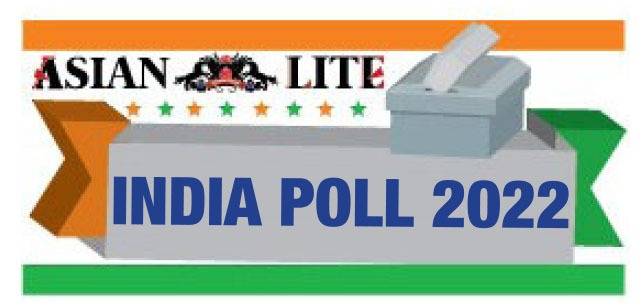
Talking to the media after the meeting, Dushyant Gautam said that all the seats were discussed in the meeting. “We will fight on some seats and our allies will fight on some.”
Responding to a question about seat-sharing among the allies, he said nothing has been finalised yet and discussions are still underway. He added that with the extension of elections’ dates, date for finalising the seats has also been extended.
Similarly, Meenakshi Lekhi while answering the question about the alliance and the candidates said that there is a due process in the BJP and all information will be given to the media after it is decided.
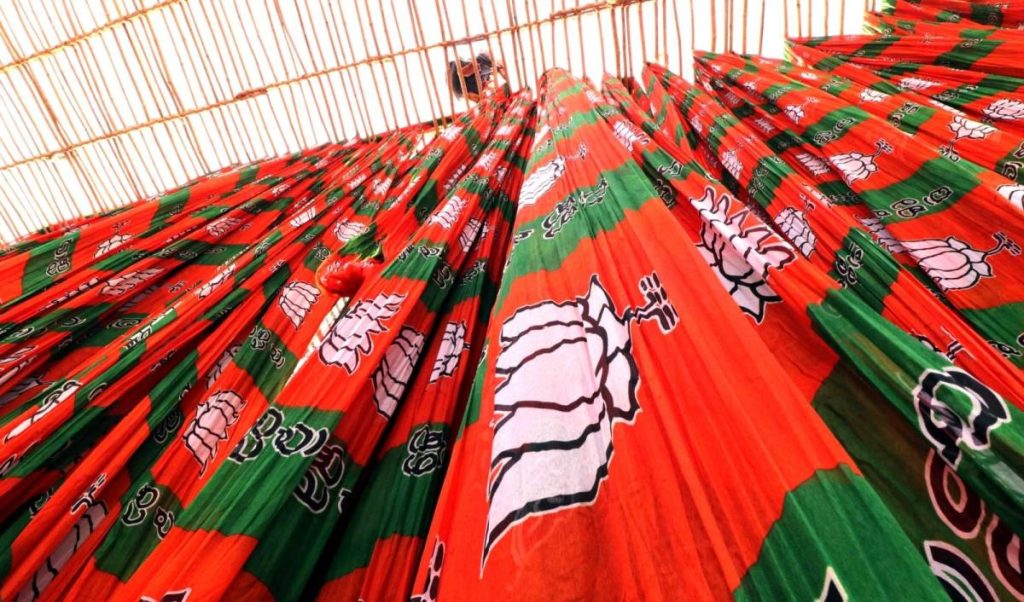
On January 11, a veteran BJP leader associated with the Punjab elections had claimed that the BJP is preparing to contest on 80 out of the 117 seats in the state and the remaining seats will be contested by both of its allies — the Punjab Lok Congress and the Shiromani Akali Dal (United).
However, it is now being learnt that some differences have erupted among the coalition parties over a few seats. In such a situation, the exercise of finding a middle way is still going on.
A BJP leader said that the alliance will contest the elections in Punjab “very strongly” and if needed, “it may give some its seats to the allies”.
The Election Commission has extended the date of elections in the state on the request of parties across the political spectrum. Parties had cited that many voters will be travelling to Varanasi on account of Guru Ravidas Jayanti which falls on February 16. Now instead of February 14, elections will be held in Punjab on February 20.


